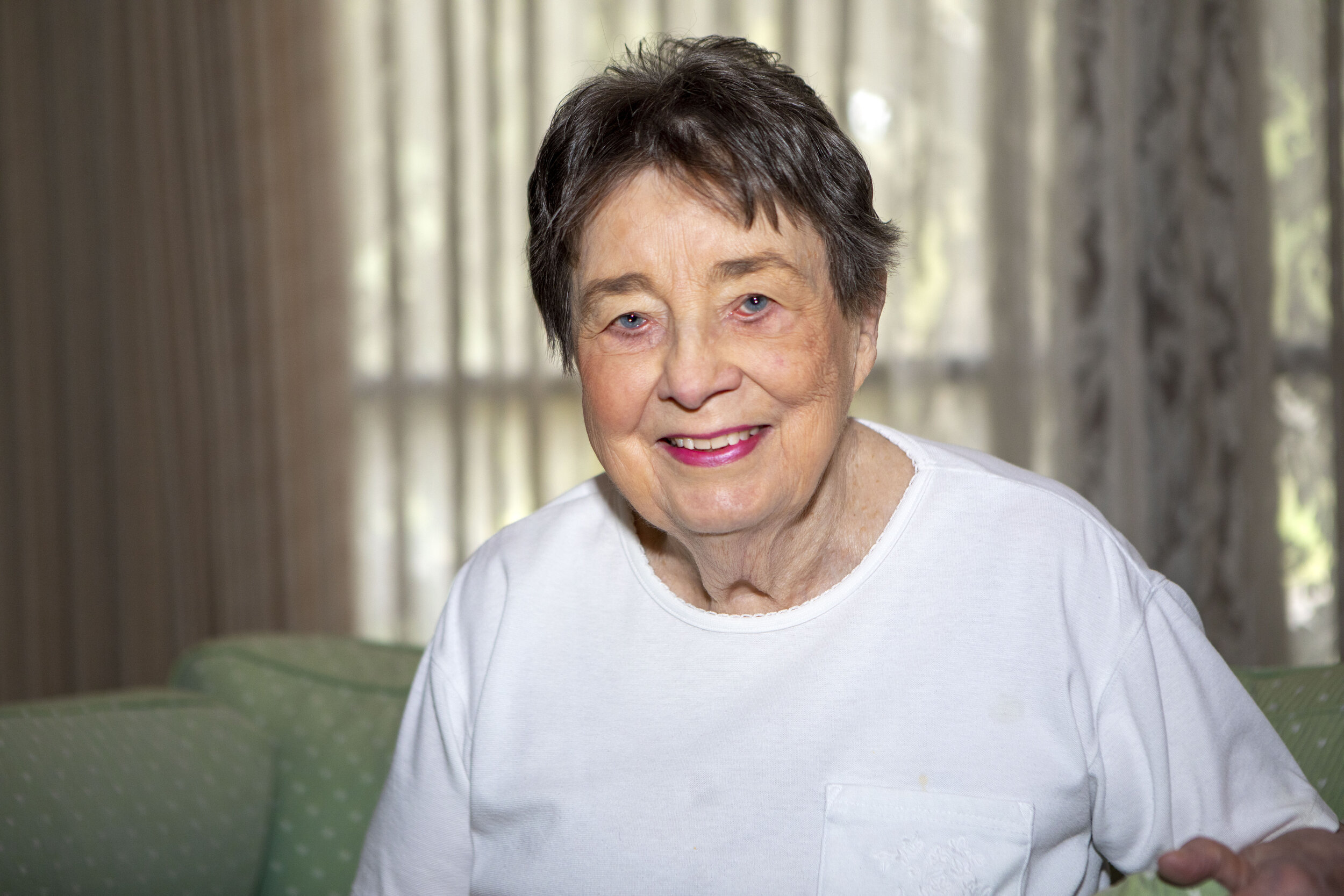Women of Age, Wisdom, and Power
Women of Age, Wisdom, and Power
Despite the increasing evidence of aging, I’ve been heartened by rereading Barbara Walker’s The Crone: Woman of Age, Wisdom, and Power (Harper & Row, 1985). Walker tells that in many early societies older women were seen as founts of wisdom, law, healings, skills, and moral leadership. “Their Wrinkles” Walker says, “would have been badges of honor, not of shame.”
In much early mythology, Walker finds, women's lives were seen as having three stages-the virgin, the mother, and the crone. All were considered positive. They were even seen as aspects of divinity.
Crones - the caretakers of the soul
Over the centuries people have come to think of crones as mean, ugly, old women, like the witches we now see pictured at Halloween. The original meaning, however, was largely positive.
In pre-Christian Europe, Walker observes, older women were in charge of religious rites and official sacrifices. In the Middle East and Egypt, they were doctors, midwives, surgeons, and advisors on health care, child rearing, and sexuality. They also took care of the soul, conducting ceremonies for every event from birth to death. They were the record-keepers, too. They wrote histories, kept vital records, transcribed and edited scriptures, and administered libraries. "Elder women," writes Barbara Walker, "were the religious and secular teachers, universal educators of the young."
In many pre-patriarchal societies, then, getting older wasn't negative for women. They were the healers, arbiters of moral law, owners of the sacred lore, and mediators between the realms of flesh and spirit. Because they were seen as having wisdom, they had power. That view is rare now, but it's one we crones could benefit from reclaiming. It may even be one God is calling us to reclaim. [1]
[1] November 1998 Connections
Listen to The Crone of Temple, Texas Podcast
Barbara Wendland
The Crone of Temple, TX.


